Wondering what not to put in compost bins? Looking for a list of non-compostable items? This handy checklist will help you sort the compostable organic materials from those things that should go into the trash.
Why should you make your own compost? While you could certainly buy soil amendments like compost from your local garden center, it’s much cheaper to make it yourself. All you need to make your own compost is some yard space, a pitchfork, and whatever organic material you have around your house and yard. Or buy yourself a fancy compost tumbler to keep it contained.
Composting is an excellent way to reduce waste and give back to your garden. But not all items can be tossed in the compost pile, so it’s important to know what you should not put in your compost heap.
In this post, we will discuss the common non-compostable items that you may have been tempted to throw into the mix — but definitely shouldn’t.
Posts feature partner companies & may be sponsored. Post contains affiliate links & I will be compensated if you make a purchase after clicking on links. As an Amazon Associate I earn from qualifying purchases.
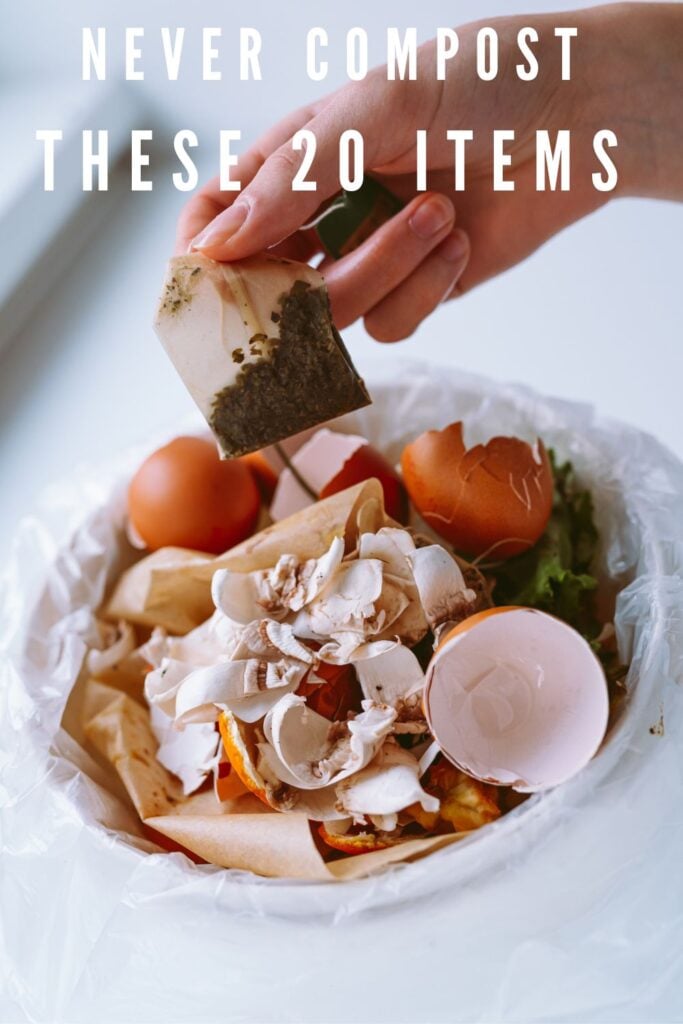
Table of Contents
What not to compost in your backyard bin
What is not compostable waste? The general rule of thumb for the backyard compost heap is to add organic waste from nonanimal sources. For us, that means things like vegetable scraps and coffee grounds, grass trimmings, and fall leaves. To avoid compost contamination and the growth of harmful bacteria, here is an extensive list of non compostable items to keep out of your bins.
Pet Waste From Carnivorous Animals
Not all animal waste is safe to put in your compost. Sure, if your pet is a horse or cow, feel free to compost their waste. Even your pet bunny’s poop is fine to toss in the compost heap. However, dog and cat feces definitely do NOT belong in your compost since they could carry parasites that you don’t want to introduce into your garden. And definitely do NOT add human feces to the compost pile. You will have to toss the cat poop in the trash along with the litter.
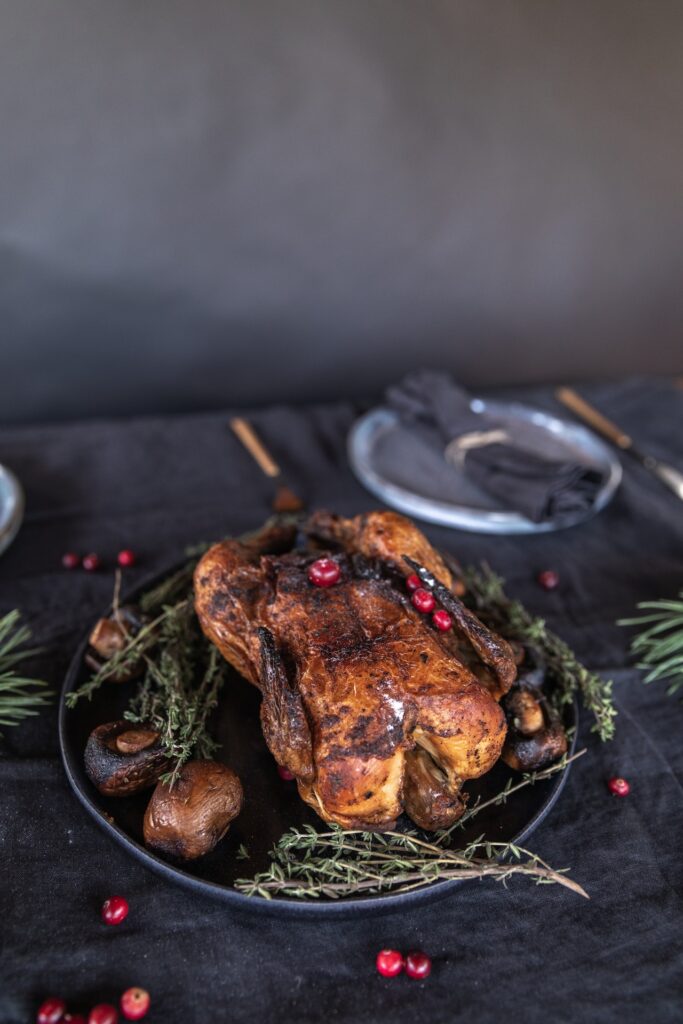
✯Don’t want to miss the next post?✯
Follow Turning the Clock Back on Facebook | Twitter | Pinterest
Or join the private Facebook group for simple tips on going green!
Meat products
Food waste is a huge problem and I am all for finding new uses for food scraps. However, you cannot compost meat. While you certainly want to toss in plant scraps like carrot peelings and apple cores, don’t put any meat scraps into your compost heap. That includes any meat scraps or bones, whether they are cooked or not. Adding them will create a very foul-smelling compost bin and rotting meat may attract rats and other vermin into your yard.
Leftover grease or oil
Whether it is animal fat like bacon grease or cooking oil from your deep fryer, keep the oil out of your compost pile. It will not break down and will just coat all the other material in the compost heap, interfering with the composting process. Not to mention the fact that it will attract unwanted pests.
If your leftover lettuce is covered in oily salad dressing, put it in the trash and not the compost bin.
Diseased plants or weeds
The last thing you want in the compost you intend to put around your plants is disease or weed seeds. Throwing diseased plant trimmings or weeds into your compost bin is a sure way to spread disease and weeds into whatever area you spread that compost. Rarely does the decomposition process in a home composting system get hot enough to sterilize insect-infested plants or to kill weed seeds.
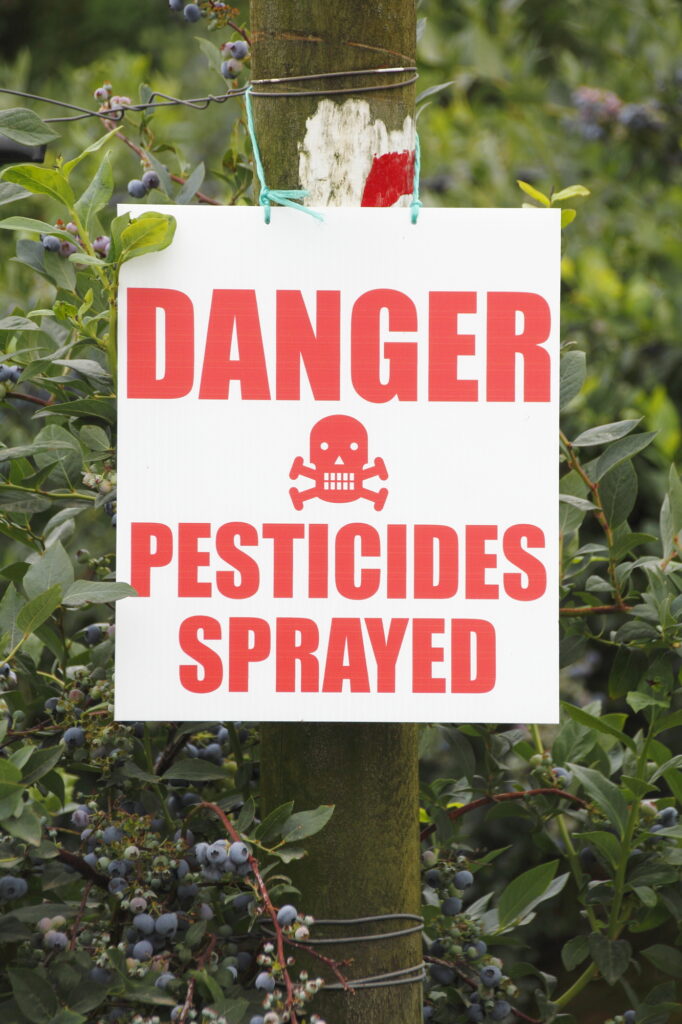
Yard trimmings treated with pesticides
If you spray your lawn with pesticides, don’t put those cut grass trimmings into your compost pile. The pesticides might kill the beneficial organisms living in your compost, making it a stagnant, dead mess instead of a thriving ecosystem. Honestly, you should keep as many harmful chemicals out of your compost bins completely if at all possible.
Feel free to add yard waste that is not treated with chemicals. Lawn trimmings like cut grass, wood shavings, and other organic matter from your yard are all fine to add to your compost pile.
Chemically treated sawdust and wood
While you can certainly compost tree limbs or untreated lumber, do not put any chemically treated wood products into your compost bin. The chemicals will leach out into the remainder of your finished compost which makes it unsafe for use on food crops.
Along the same lines as treated wood, do not add sawdust to your compost bin unless you know for sure that it was not treated with toxic chemicals.
Rice (raw or cooked)
You would think that rice, being a plant material, would be safe for your compost heap, right? Well, unfortunately not. Raw rice is extremely attractive to a number of pests and cooked rice encourages the growth of certain unwanted bacteria, making your compost less than safe. Avoid any sort of rice in your home compost pile if possible.
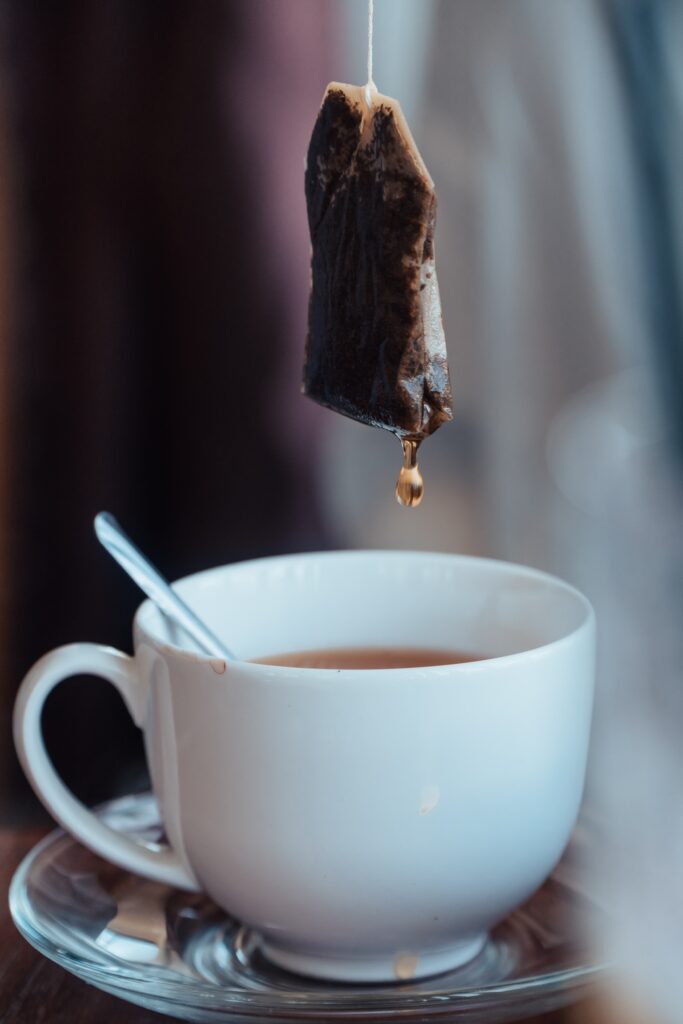
Tea bags
While loose tea is great for your compost, don’t just toss in the whole teabag. Most teabags contain non-biodegradable materials and even microplastics. These synthetic fibers do not break down in your compost bin. If you want to compost tea, invest in a loose tea strainer instead.
Milk and dairy products
Like meat products mentioned above, milk and dairy products should not be added to your compost bin. They will not decompose properly and will become incredibly attractive to vermin like rats.
Magazines and other glossy paper
In general, paper is fine to add to compost, however, only add the ‘nonshiny’ variety like printer paper. Glossy paper from magazines and wrapping paper are better off added to recycling bins when possible and not composted. Read my post about ways to use old magazines if you have them lying around your house.
Coal and charcoal ash
While ashes from your fire pit do have some beneficial uses in your landscaping and garden, don’t put them in your compost heap. They contain a large amount of sulfur, which makes the compost excessively acidic. An acidic compost will not break down properly.
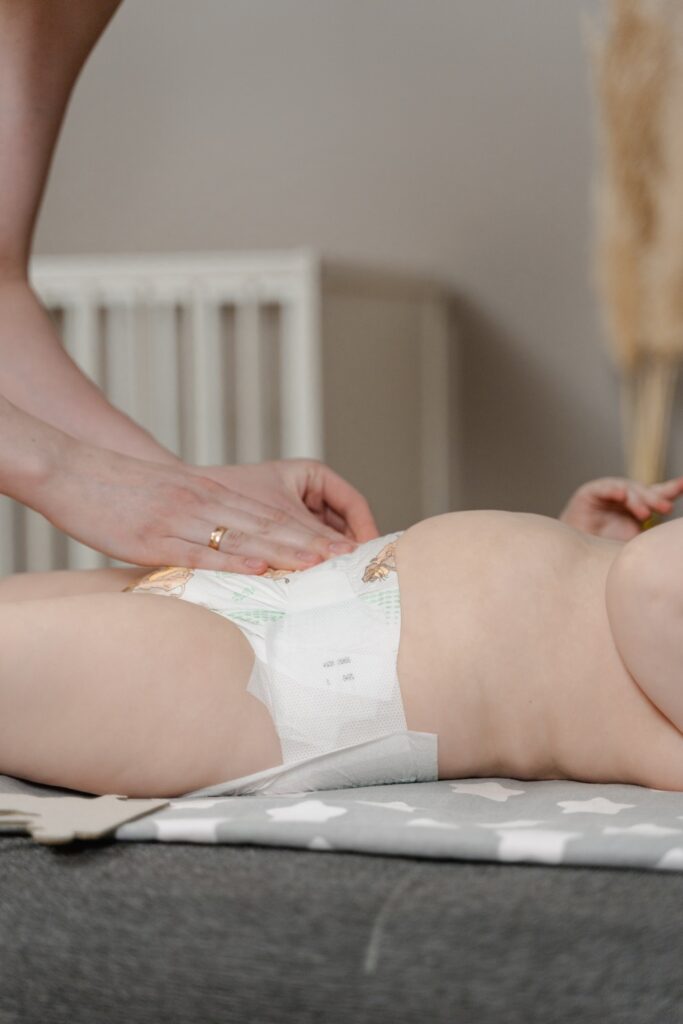
Used personal items
Sure, your organic cotton tampon is made from organic cotton. But once it is USED, it now contains human blood. Any used personal care items, whether they are tampons, diapers, etc. do not belong in a compost bin. Even if they do say ‘organic and biodegradable’ on them.
Black walnut tree leaves or twigs
Here’s a little-known fact: Black walnut trees (and their twigs, nuts, and leaves) contain a substance called juglone. What is it? It’s a natural aromatic compound that is actually toxic to some plants. So, composting black walnut products and then using the compost on certain plants may just end up killing your garden!
Highly acidic foods
While you can compost some citrus peels and fruit scraps, too much acidic food will throw off the pH balance of your compost pile (which should be between 6.5-7.0). Highly acidic foods like tomatoes, pineapples, oranges, lemons, and limes should all be minimized as you don’t want to end up with overly acidic compost.
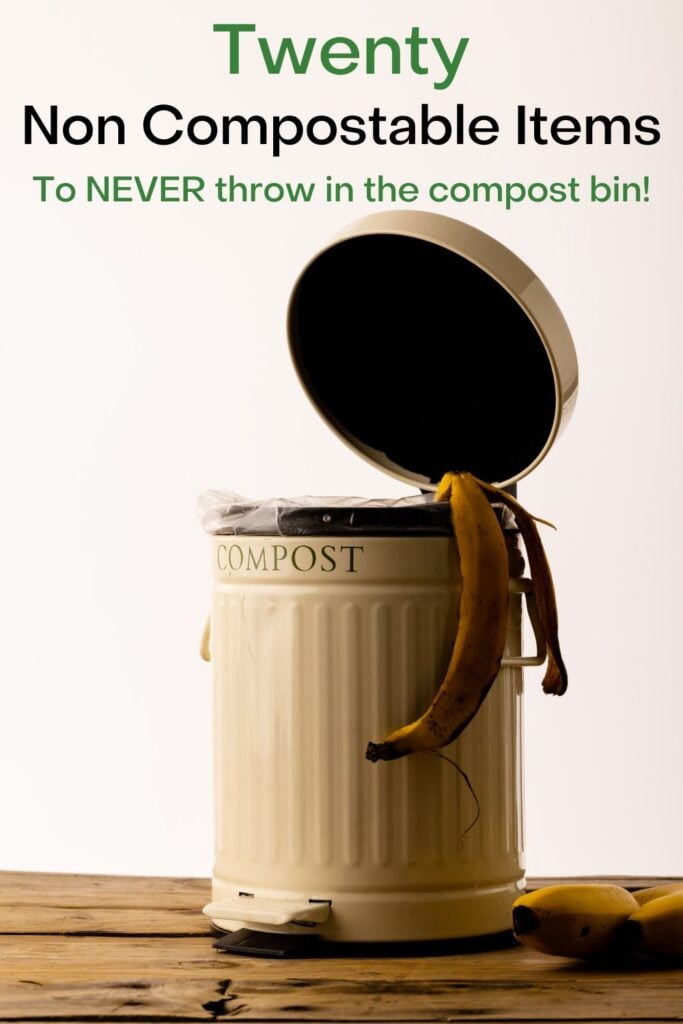
Onions and garlic scraps
Onion scraps and fresh garlic trimmings are a bit of an enigma in the compost pile. They can be added but should always be done so in moderation. Both onions and garlic contain high levels of sulfur that can throw off the pH balance of your compost, making it too acidic to break down properly. And if you make soil excessively acidic with compost that is the wrong pH, you may kill worms and beneficial organisms that help your garden thrive.
Dryer lint
Yes, it’s made of natural materials like cotton and other fibers. However, dryer lint can contain small particles of plastic that won’t break down in your compost pile and will eventually end up polluting nearby water sources. So best to keep the lint out of your compost bin. Make paper towel roll fire starters with it instead.
RAW Chicken manure
The high levels of nitrogen in chicken manure can make it great for composting. However, the manure needs to be completely cured (aged) before you add it to your compost bin. Raw chicken manure contains a lot of pathogens that need time to die off before adding to your home compost pile.
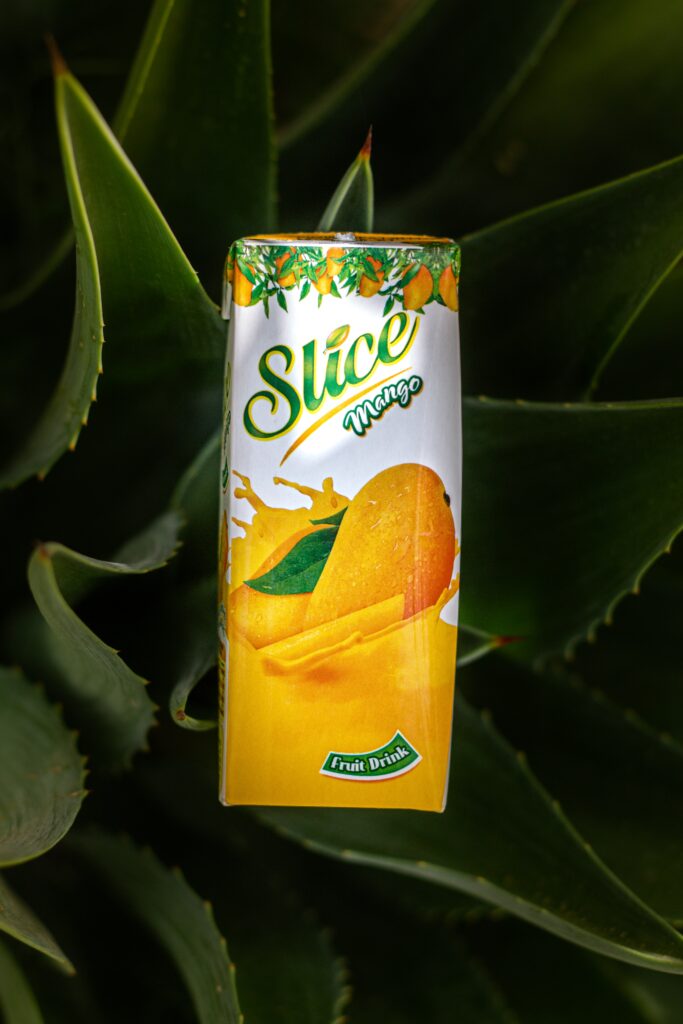
Paper cartons and juice boxes
While milk cartons and other similar containers may appear to be made of paper, they also contain a layer of plastic to make them waterproof. Plastic means it falls into the non compostable items category. The plastic layers will not break down in your compost and should therefore be put into the recycling bin instead. I recommend skipping the juice boxes entirely and buying a reusable juice box container instead.
Cereal boxes
Paper cereal boxes are one of those iffy items for composting. Most are heavily dyed which means those dyes end up in your compost and then that organic material is used by your food plants, making it a little less than ideal. Use it to make a cereal box scrapbook or put it in the recycle bin.
For compost that will be used in food gardens, stick to paper bags or corrugated cardboard that doesn’t have dyes and pigments in it. And definitely don’t compost pizza boxes. The grease left inside of it is definitely not good for your compost pile.
Paper towels and napkins
Paper towels and napkins are made from biodegradable materials, but they’re often treated with bleach or other chemicals that could be bad for your compost. So to avoid any potential problems, don’t add them to your compost. In fact invest in cloth napkins or reusable paper towels and ditch the paper entirely.
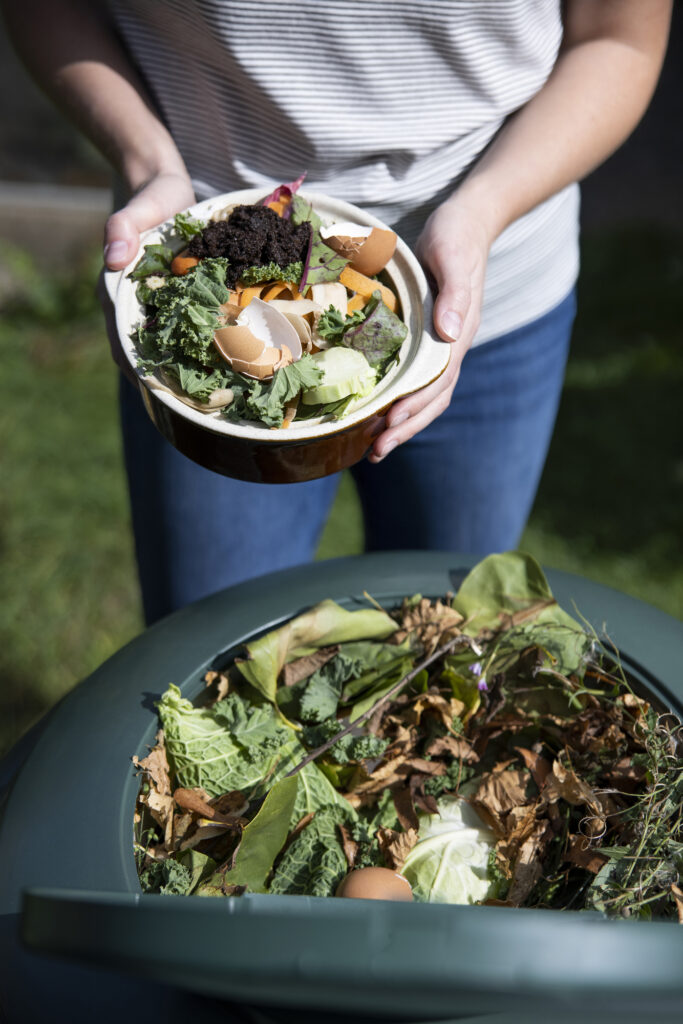
Industrial Composting vs. Home Composting
Some food packaging will say on it ‘compostable’, however, they don’t usually mean you can put it in your home compost bin. There is a big difference between industrial composting and home composting. And pieces of biodegradable packaging are considered non compostable items for home composters.
Home compost bins do not get hot enough to break down biodegradable packaging. Call your local trash agency and see if they have a recommendation as to where there is a commercial composting facility in your area. You can also check out the website FindaComposter.com to find one near you.
The best compost will be a balance of green and brown materials. Brown materials include things like dried leaves, sticks, cardboard, and paper. Green materials are your ‘watery’ materials like fruits and vegetable trimmings and grass clippings. Find a balance between yard waste with no synthetic fertilizers and organic waste from your kitchen.
Finding the right balance between these two types will yield a rich, fertile compost that is perfect for your summer food garden and landscape.
Non compostable items can really mess with the ecosystem of your compost. Remember, when in doubt, don’t add it to your compost bin! It’s better to be safe than sorry when dealing with something as important as the health of your garden. Happy composting!
What to do with non compostable items?
So, what do you do with those items that can’t be composted? Get creative. See if it can be recycled (cardboard boxes with print), reused (read my post about how to make bone broth with beef bones), or donated (chemically treated wood).
Sadly, sometimes you just have to throw things away. Just be mindful of how much goes in the trash can whenever possible.

Diane is a professional blogger and nationally certified pharmacy technician at Good Pill Pharmacy. She earned her BS in Microbiology at the University of New Hampshire and has worked in cancer research, academics, and biotechnology. Concern over the growing incidence of human disease and the birth of her children led her to begin living a more natural life. She quickly realized that the information she was learning along the way could be beneficial to many others and started blogging and freelance writing to share this knowledge with others. Learn more about her HERE.
